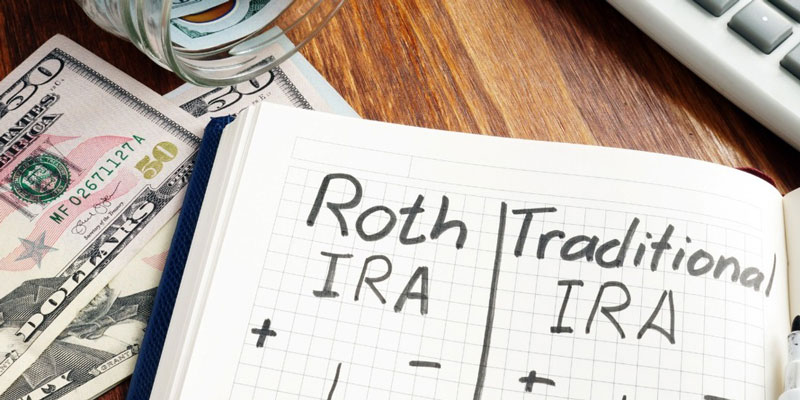A bank will issue a negotiable certificate known as a depositary receipt (DR) to represent shares of a foreign business traded on a regional stock exchange. The depositary receipt (DR) offers investors an alternative to trading on a worldwide market by allowing them to own shares in the equities of foreign nations.
Initially a physical certificate, a depositary receipt now enables investors to own equity stakes in foreign nations. Since the 1920s, the American depositary receipt (ADR), one of the most popular types of DR, has provided international investment opportunities for businesses, investors, and traders.
How does a Depositary Receipt (DR) work?
 Depositary receipt (DR) enables investors to hold stocks in companies listed on foreign exchanges abroad. Using a depositary receipt in the foreign market eliminates the need to transact personally with the stock exchange. Instead of buying stocks now on foreign markets, investors deal with a sizable financial association in their country, which often results in lower fees and is far more suitable.
Depositary receipt (DR) enables investors to hold stocks in companies listed on foreign exchanges abroad. Using a depositary receipt in the foreign market eliminates the need to transact personally with the stock exchange. Instead of buying stocks now on foreign markets, investors deal with a sizable financial association in their country, which often results in lower fees and is far more suitable.
A foreign-listed company commonly hires a financial advisor to help it navigate regulations when it desires to make a depositary receipt abroad. Additionally, the corporation often employs a domestic bank to serve as the custodian and a broker in the target nation to list the company's shares on a stock exchange, like the New York Stock Exchange (NYSE), in the country where the company is based.
Depositary receipts (DR) may also be distributed as a component of an IPO and undergo over-the-counter trading.
What is an American Depositary Receipt (ADR)?
American depositary receipts (ADRs) allow investors in the United States to access overseas stocks. US banks can only issue ADRs for foreign equities traded on a US exchange, such as the American Stock Exchange (AMEX). For instance, when an investor buys an American depositary receipt, the receipt is listed in US dollars. At the same time, the absolute underlying security is held by a US financial organization abroad rather than a worldwide institution. ADRs are an excellent way to purchase stock in a foreign corporation while generating capital gains and maybe receiving dividends, which are cash payments from corporations to shareholders. Dividends and capital gains are both paid in US dollars.
ADRs have two categories, sponsored depositary receipts and unsponsored depositary receipts.
Since ADRs trade in the US only and clear through the US bank systems, holders do not need to transact in foreign cash. Investors can more easily evaluate the company's financial status than a foreign company that exclusively trades on international markets since US banks demand that foreign corporations give them comprehensive financial information.
Global Depositary Receipt (GDR)
 Depositary receipts exist as European depositary receipts, global depositary receipts (GDR), and International depositary receipts.
Depositary receipts exist as European depositary receipts, global depositary receipts (GDR), and International depositary receipts.
GDRs are frequently listed on European stock exchanges like the London Stock Exchange, whereas ADRs trade on a US national stock exchange.
Similar to an ADR, a GDR operates in a different direction. A GDR can help a U.S.-based company that wishes to float its stock on the London Stock Exchange.
A depositary receipt agreement is made between the U.S.-based business and the London depository bank. In response, the London bank issues shares in Britain under both nations' regulatory compliance.
Process of issuing Depositary Receipts (DR)
- If an investor is interested in obtaining depositary receipts, the investor must speak with a broker at a nearby bank. Before deciding to buy shares, the depositary bank, a local bank in the investor's home country, will evaluate the foreign security.
- The broker at the depositary bank will buy the shares either on the local stock exchange it trades in or by utilizing another broker in a foreign bank, sometimes known as the custodian bank, to buy the shares in the foreign stock exchange.
- The depositary bank will ask to deliver the shares to the custodian bank after making the purchase.
- After delivering the shares to the custodian bank, they would divide the shares into packets of 10 shares each. The depositary bank will receive each packet as a depositary receipt that the investor can exchange on the stock exchange of the bank.
- The bank will notify the broker when the depositary bank receives the DR from the custodian bank. Then the broker delivers them to the investor while deducting fees from their account.
Advantages and Disadvantages of Depositary Receipt (DR)
- Advantages
Access to foreign securities: In addition to stocks offered by regional companies, investors can diversify their investment portfolio by increasing their exposure to foreign assets.
Additional funding sources: By utilizing worldwide marketplaces and luring foreign investors worldwide, depositary receipts give multinational businesses a method to raise extra money.
Lessening of international rules: Investors do not have to be concerned about global commerce regulations and international legislation because it is traded on a local stock exchange.
Investors can still benefit from corporate rights like the ability to vote for the board of directors despite investing in a firm located in a different country.
- Disadvantages
Increased taxes, processing costs, and administrative fees: You may have to pay more in administrative and processing costs because you have to reimburse the custodian bank for its services.
For instance, ADRs in the United States are subject to the same capital gains and dividend taxes as regular equities. Nevertheless, in addition to conventional taxes in the United States, the investor is also liable to the taxes and laws of the foreign country.
Increased risk from changes in foreign exchange rates: The risk is higher due to currency exchange rate fluctuation. For instance, the value of a depositary receipt representing shares in a British company purchased by an investor will depend on the exchange rate between the British pound and the buyer's local currency.
Most investors have limited access: Sometimes, stock exchanges do not enlist depositary receipts. Thus, only institutional investors—companies or organizations that carry out trades on clients' behalf— can make investments in them.
Bottom Line
With depositary receipts, you can take advantage of foreign investment's benefits without taking the needless risks associated with doing so. However, investing in depositary receipts necessitates knowledge of their use, issuance, and trading processes, just like any other security.



